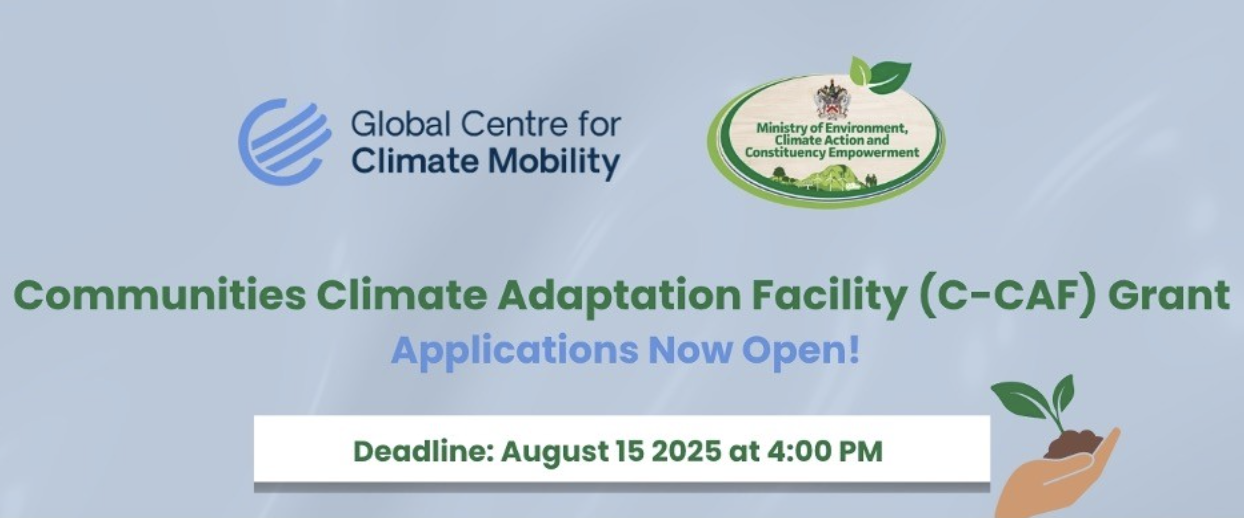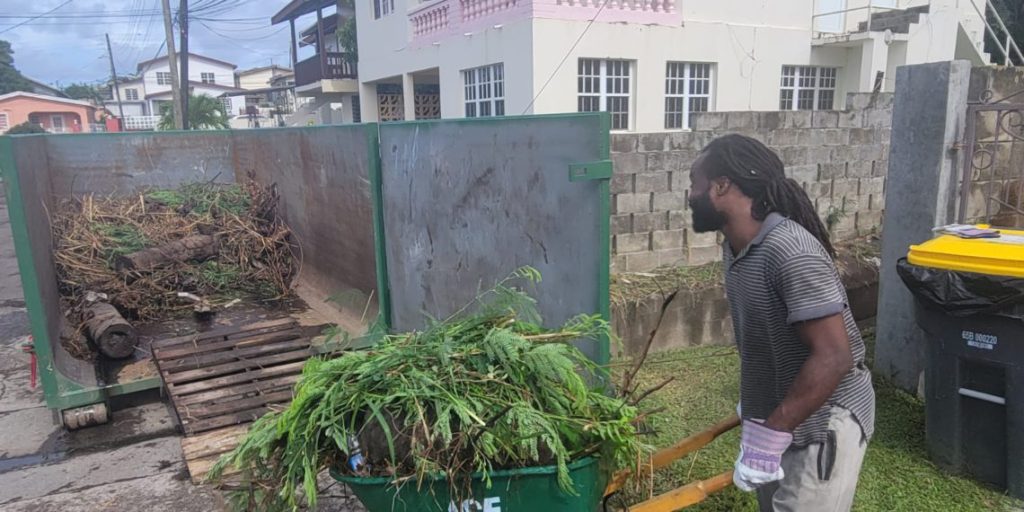Community-Led Climate Action Supported by C-CAF Grant Funding
The Ministry of Environment, Climate Action, and Constituency Empowerment in St. Kitts and Nevis has launched the Communities Climate Adaptation Facility (C-CAF), a groundbreaking initiative designed to empower local communities in their fight against climate change. This program, introduced in collaboration with the Global Centre for Climate Mobility (GCCM), represents a significant step towards fostering community-led climate resilience strategies. C-CAF provides financial resources of up to USD $100,000 for projects conceived and implemented by community groups, facilitating direct action and localized solutions to the specific climate challenges they face. The program’s emphasis on community ownership aims to ensure that adaptation measures are tailored to the unique needs and vulnerabilities of each group. This participatory approach recognizes the critical role that local knowledge and experience play in effectively addressing climate change impacts.
This innovative funding mechanism targets grassroots organizations deeply embedded within their communities, recognizing their intimate understanding of the challenges and opportunities presented by a changing climate. Eligibility extends to registered and unregistered community groups, including informal networks such as volunteer-based organizations, cooperatives, and NGOs working directly with communities. While private sector entities and public institutions are not eligible to apply directly, they are encouraged to collaborate with community groups, providing technical expertise and resources to enhance project implementation. This collaborative approach fosters a synergistic relationship between community-based organizations and other stakeholders, leveraging the strengths of each sector to maximize project impact.
The C-CAF funding encompasses a broad spectrum of project areas crucial for building climate resilience and promoting sustainable development. These include ecosystem restoration, a critical component of maintaining healthy and resilient natural environments; climate-smart agriculture, which focuses on enhancing agricultural practices to withstand climate variability and improve food security; water conservation, a vital strategy for managing precious water resources in the face of changing precipitation patterns; sustainable livelihoods, which aims to create economic opportunities that are both environmentally sound and resilient to climate shocks; and finally, educational research, focused on generating knowledge and fostering community awareness about climate change and adaptation strategies.
The application process for C-CAF funding is designed to be accessible and streamlined, ensuring that community groups can readily participate. Application forms and comprehensive guidelines are available both physically at the Department of Constituency Empowerment’s Office and electronically via email. This dual access approach ensures that information reaches a wider audience, facilitating equitable participation across different segments of the community. The deadline for submission of completed applications is August 15, 2025, providing ample time for communities to develop robust proposals. This timeframe allows for thorough planning and consultation within communities, ensuring that projects are well-conceived and address the most pressing climate-related needs.
The C-CAF initiative signifies a shift towards a more decentralized and participatory approach to climate adaptation, empowering local communities to take ownership of their climate resilience strategies. By channeling funding directly to these groups, the program acknowledges their pivotal role in implementing effective and sustainable solutions. The C-CAF program underscores the importance of localized action in addressing global challenges, recognizing that climate change impacts manifest differently in various regions and communities. This tailored approach allows for the development of context-specific solutions that are grounded in local knowledge and experience.
The Ministry of Environment, Climate Action and Constituency Empowerment is dedicated to providing comprehensive support to communities throughout the project cycle, from application development to implementation. This includes providing technical assistance, guidance on project design, and facilitating access to relevant resources. The Ministry’s commitment to working closely with communities reflects a broader strategy of fostering partnerships and collaborative action. This collaborative approach ensures that climate adaptation efforts are inclusive, equitable, and effectively address the diverse needs of communities across the Federation. The Ministry’s proactive engagement reflects its dedication to fostering climate resilience at the grassroots level and fostering a sustainable future for St. Kitts and Nevis.
Share this content:










Post Comment